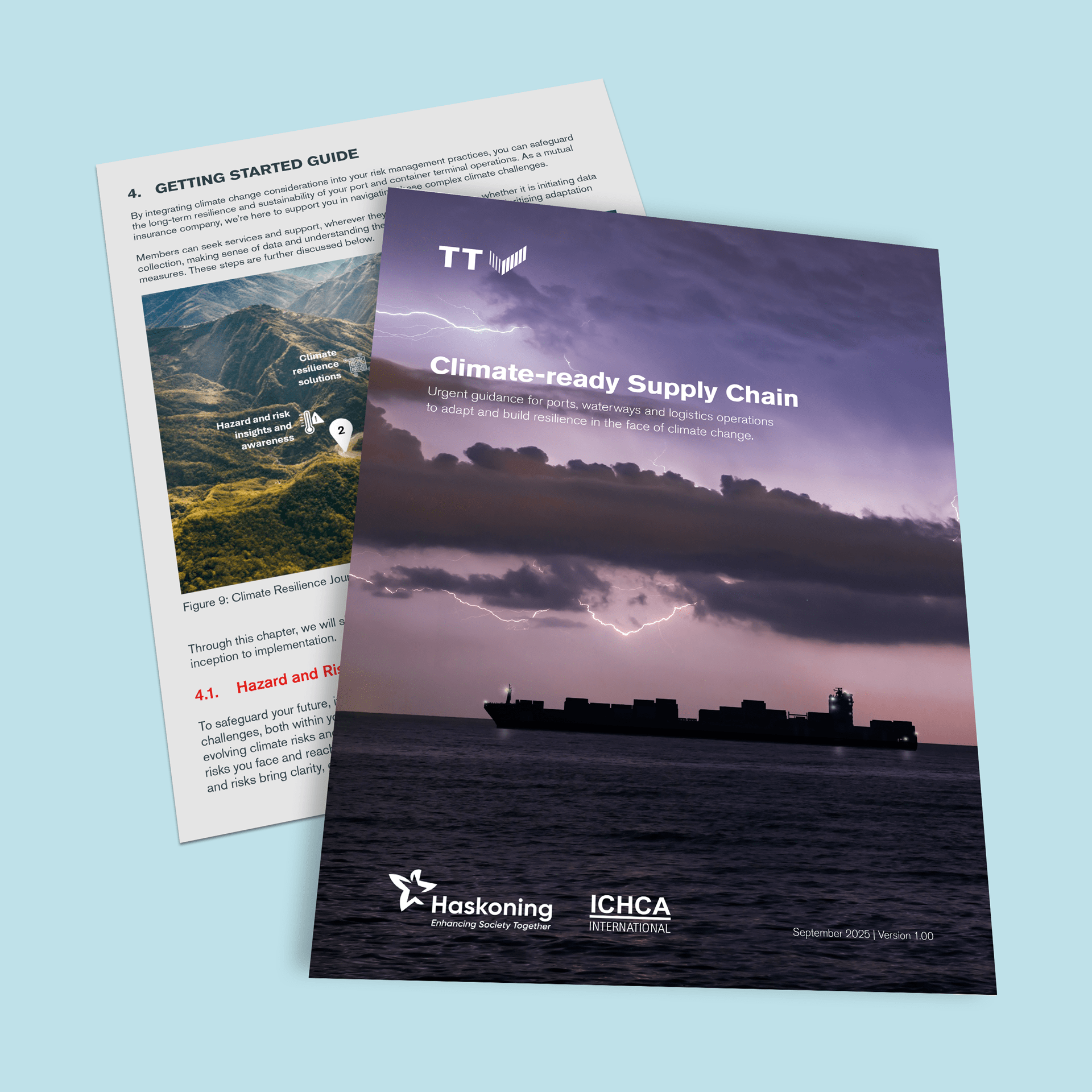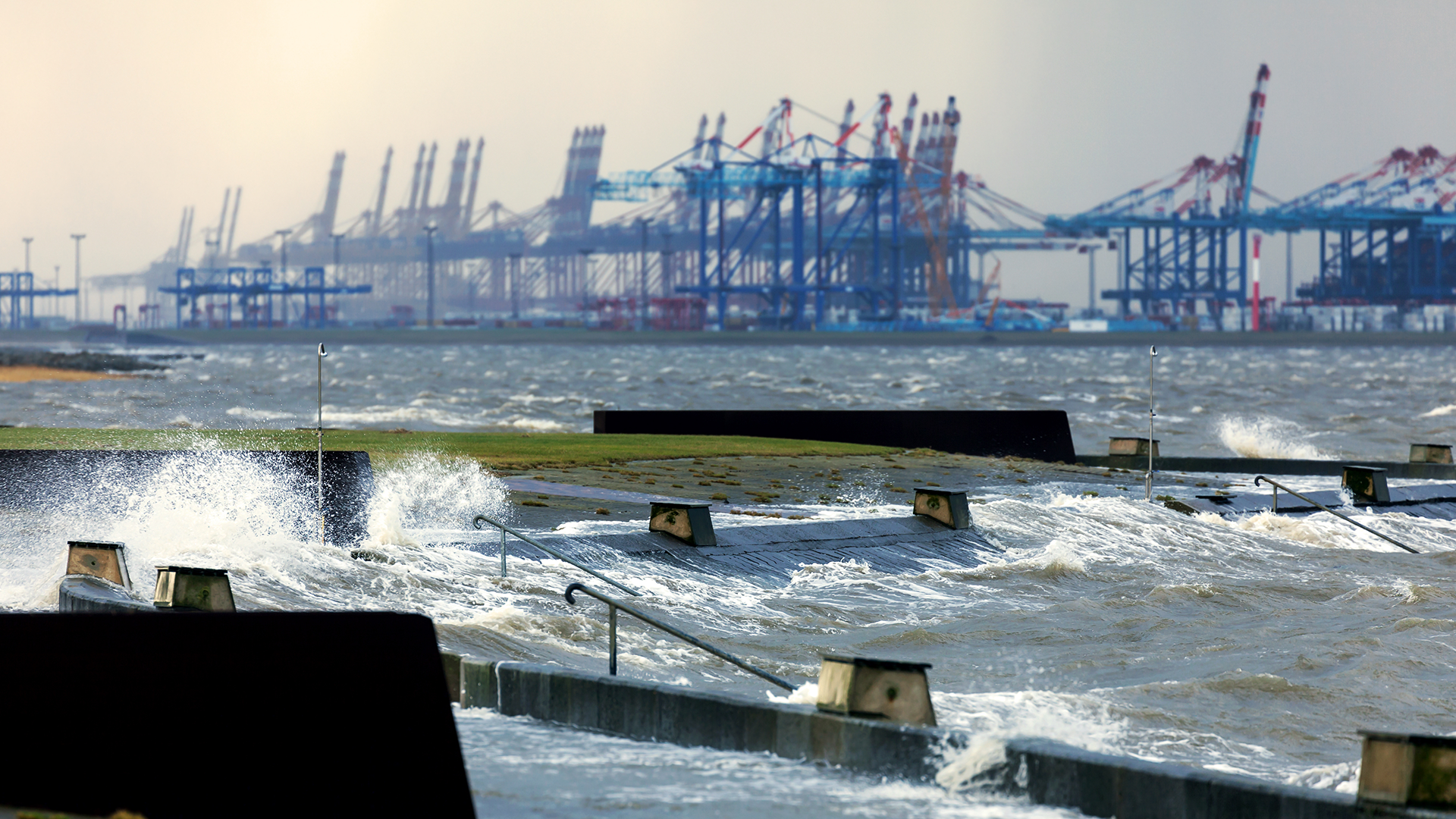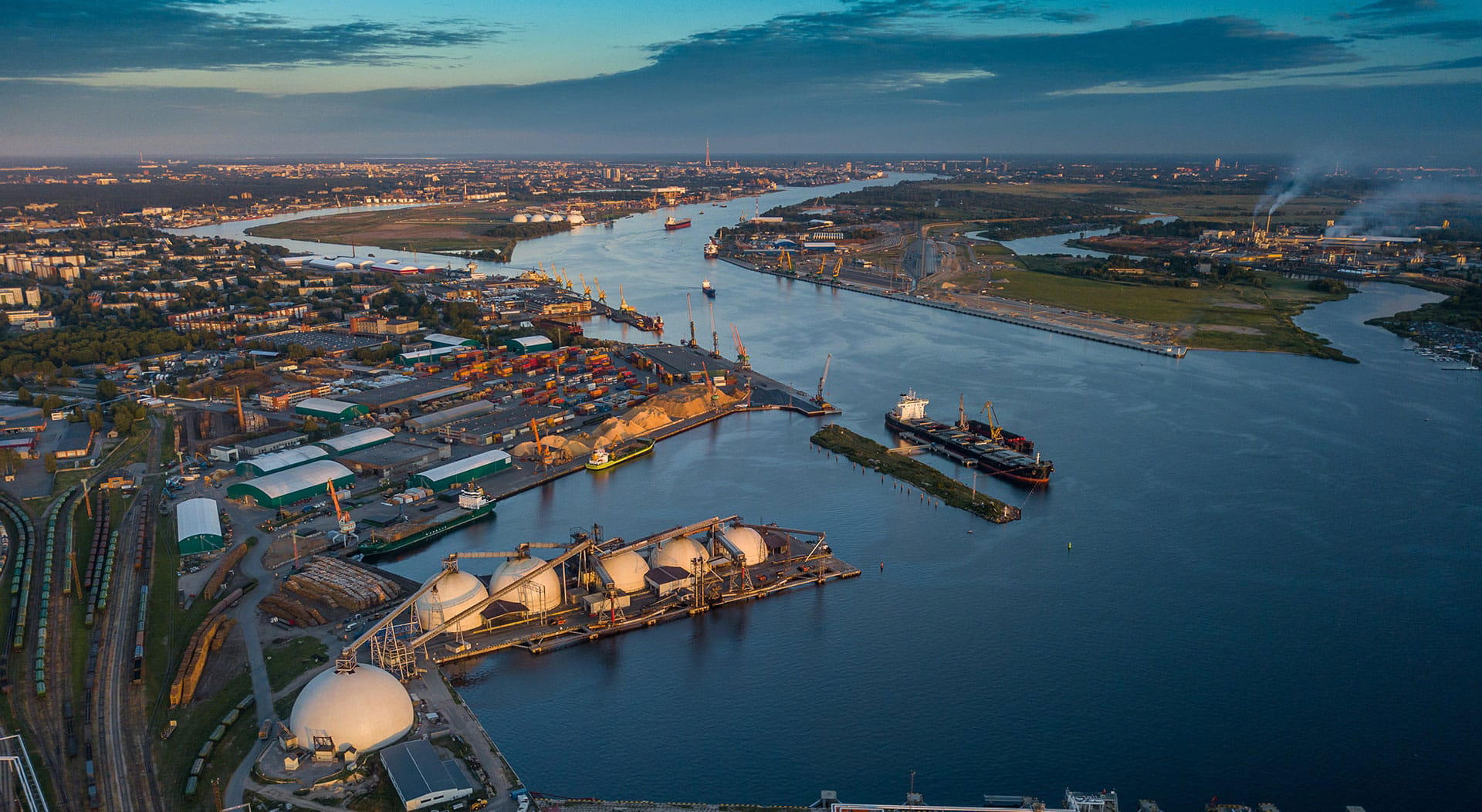Climate-ready Ports: Why proactive action is the best protection

As climate change intensifies, ports and terminals across the globe face escalating risks—from sea-level rise and extreme weather, resulting in operational disruption and regulatory shifts. Commissioned by leading global transport and logistics insurer TT Club, Haskoning has developed a comprehensive report: Urgent Guidance for Ports, Waterways and Logistics Operations. This report supports TT Club's mission to better understand and quantify climate-related risks, enabling more accurate insurance assessment and risk pricing. It also provides practical strategies for enhancing climate resilience, backed by global case studies and actionable recommendations.
Why climate resilience matters
Ports are economic lifelines. Yet, nearly 90% of the world’s major ports are exposed to damaging climate hazards. From Hurricane Katrina to Typhoon Hagibis, the consequences of inaction are clear—operational shutdowns, infrastructure damage, and billions in trade at risk.
Ports are the lifeblood of global trade, but they are also on the frontlines of climate change impact. At NSW Ports, we see first-hand the importance of building resilience into supply chain infrastructure and operations. This guidance provides practical steps for understanding climate risks, planning adaptive responses and embedding resilience into the core of business strategy.
The report introduces how climate data, IoT, and AI can be used not only for protection, but also to optimise operations and reduce costs. By embracing resilience, ports can unlock new efficiencies and demonstrate sustainability leadership.
The guide is not just theoretical—it provides:
- Step-by-step guidance for climate risk assessments
- Insights on adaptation planning and implementation
- Integration strategies for business resilience
- Case studies from leading ports like Rotterdam, Long Beach, and Brisbane
Download the full report
Want to dive deeper into the strategies that will define the future of port operations?
Access the full report Urgent Guidance for Ports, Waterways and Logistics Operations, here on TT Club's website.




